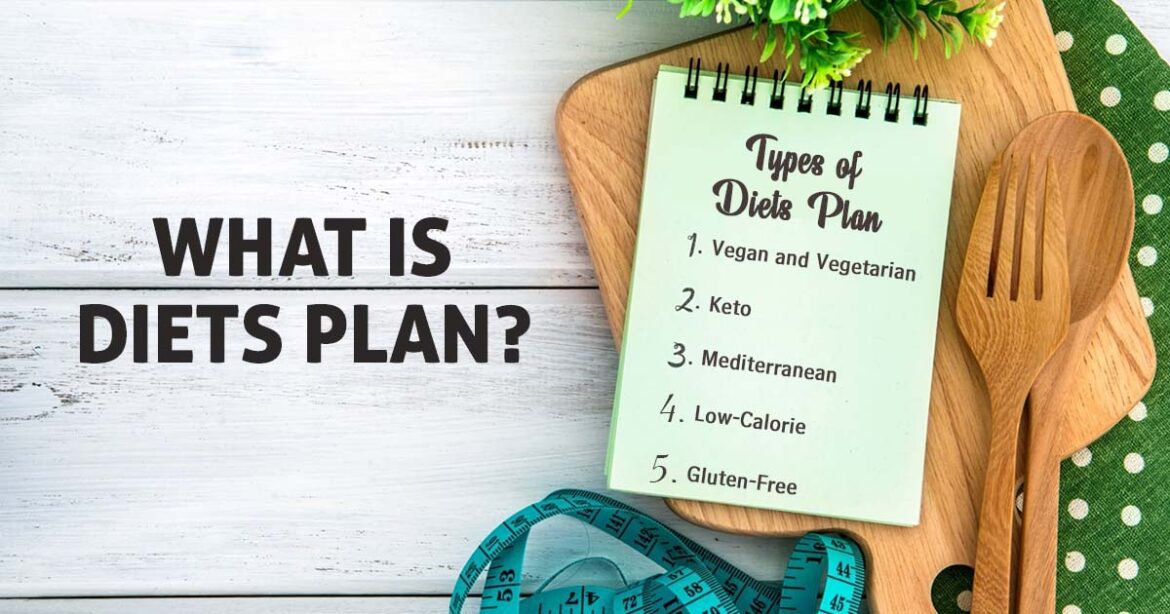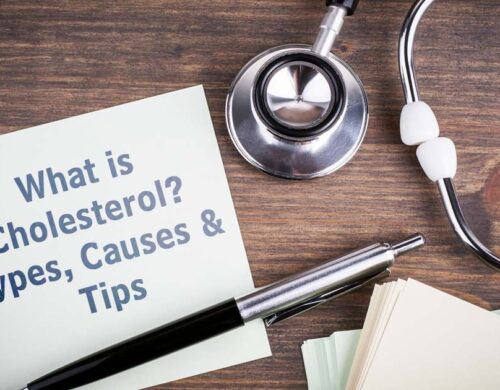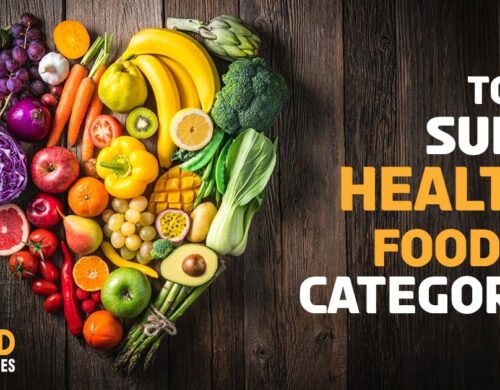
A diet is a pattern of eating that a person follows in order to achieve specific health goals, such as losing weight, improving nutrition, or managing a medical condition.
A diet plan is a structured approach to eating that is designed to achieve specific health goals includes guidelines for food choices and portion sizes, as well as recommendations for meal timing and frequency. Some diet plans are based on specific diets, such as the ketogenic diet or the Mediterranean diet, while others are more personalized and tailored to the individual’s needs and goals.
Diet plan is extremely important for overall health and well-being. The foods you eat provide the nutrients and energy needed for physical activity and daily life, and can also influence your risk of developing various health conditions. A balanced and nutritious diet can Maintain a healthy weight, Prevent chronic diseases, Support brain function, Boost mood and energy levels, Promote healthy digestion, etc.
The term “diet” encompasses a person’s overall eating habits. There are various diets to choose from, including vegan, vegetarian, ketogenic, paleo, gluten-free, low-calorie, low-carb and Mediterranean, each with its own unique set of guidelines and restrictions. For instance, a vegan diet consists solely of plant-based foods and prohibits all animal products.
Some common diets are:
Vegan and Vegetarian Diet
Vegan and vegetarian diets are both plant-based diets, but they differ in their approach to animal products.
A vegetarian diet is a type of diet that excludes meat, poultry, and fish, but allows dairy products, eggs, and honey. Vegetarian diets can be further divided into different types, such as lacto-vegetarian, which includes dairy products, and ovo-vegetarian, which includes eggs.
A vegan diet, on the other hand, goes one step further and excludes all animal products, including dairy, eggs, and honey. This type of diet is based solely on plant-based foods, such as fruits, vegetables, whole grains, legumes, nuts, and seeds.
Both vegetarian and vegan diets can be healthy and nutritious if they are well-planned and balanced, but it is important to make sure that you are getting all the essential nutrients that your body needs.
Keto Diet
Keto Diet (ketogenic diet) is a low-carbohydrate, high-fat diet that aims to promote weight loss and improve health markers, such as blood sugar control and cholesterol levels. The idea behind the keto diet is to force the body into a state of ketosis, where it burns fat for energy instead of carbohydrates.
The keto diet typically includes healthy fats like olive oil, avocado, nuts, and seeds, high-quality protein like poultry, fish, eggs, and dairy, Low carbohydrates fruits, starchy vegetables, grains, and sugar
Foods that are restricted on the keto diet include bread, pasta, rice, and other foods that are high in carbohydrates. Sugary foods and drinks, such as soda, candy, and fruit juices, are also restricted. Some people on the keto diet may also limit their consumption of certain types of nuts and seeds, as well as high-carbohydrate vegetables like carrots and potatoes.
Keto Diet is easy to follow and most recommended.
Paleo Diet
The paleo diet is a type of diet that is based on the idea of eating the way our ancestors did during the Paleolithic era. The premise is that our bodies are best suited to the type of food that was available during that time, which consisted primarily of whole, unprocessed foods.
The paleo diet typically includes:
- Meat and poultry, preferably from grass-fed or free-range animals
- Fish and seafood
- Eggs
- Nuts and seeds
- Fruits and vegetables
- Healthy fats, such as olive oil and avocado
Foods that are restricted on the paleo diet include grains, legumes, dairy products, processed foods, refined sugars, and oils. The paleo diet also restricts foods that were not available to our ancestors like whole grains, legumes, and dairy product.
Mediterranean Diet
The Mediterranean diet is a dietary pattern that is based on the traditional foods consumed by people in the Mediterranean region, particularly in Greece, Italy, and Spain. It emphasizes whole, unprocessed foods such as fruits and vegetables, whole grains, legumes, nuts, seeds, olive oil, and fish, and limited consumption of red meat, dairy products, and sugar.
The Mediterranean diet is important as it is rich in nutrients such as monounsaturated fatty acids, fiber, vitamins, and minerals, and has been associated with a range of health benefits, including reduced risk of heart disease, stroke, and some types of cancer.
Low-Calorie Diet
A low-calorie diet is a type of diet that restricts caloric intake to a level below what is considered normal or typical for an individual’s age, gender, weight, and activity level. The goal of a low-calorie diet is typically weight loss or maintenance.
A low-calorie diet typically includes foods that are low in energy density, such as vegetables, fruits, whole grains, lean proteins, and low-fat dairy products.
It is restrict Processed foods, sugary drinks, and high-fat foods. Generally between 1,200 and 1,500 calories per day for women, and 1,500 to 1,800 calories per day for men is required. you can make your diet plant accordingly
Low-Carbohydrate Diet
A low-carbohydrate diet, also known as a low-carb diet, is a type of diet that restricts the consumption of carbohydrates, particularly those from refined and processed foods.
The goal of a low-carb diet is to reduce the intake of carbohydrates in order to encourage the body to burn stored fat for energy, leading to weight loss and improved health markers.
A low-carb diet typically includes foods such as meat, fish, eggs, dairy products, oils and fats, leafy greens vegetables and low-carbohydrate fruits like berries.
Foods are restricted that are high in carbohydrates like bread, pasta, sugar, and most grains.
Gluten-Free Diet
A gluten-free diet is a type of diet that excludes the protein gluten, which is found in grains such as wheat, barley, etc.
A gluten-free diet typically includes naturally gluten-free foods such as meats, fish, vegetables, fruits, dairy products, legumes, nuts, and seeds.
We can use alternative gluten-free grain options available like rice, corn, and quinoa instead of traditional wheat-based foods.
The gluten-free diet is necessary for individuals with celiac disease, a condition in which the consumption of gluten causes the immune system to attack the small intestine, leading to damage and malnutrition.
* * Planning a balanced and nutritious diet involves taking into consideration calories you need to consume each day based on your age, gender, weight, height, and activity level. So it is important to consult your family doctor or healthcare professional to personalized diet plan for your health goals.
Kalpesh Pathak
Related Posts

What is Cholesterol? Types of Cholesterol, Causes, Problems & Solutions
We all know that to maintain a overall health, and lifestyle factors such as a balanced diet, physical activity, and avoiding smoking can...

Top 50 super healthy foods by categories
Maintaining a healthy diet is crucial for achieving good health and proper nutrition, as it helps prevent numerous chronic noncommunicable...
